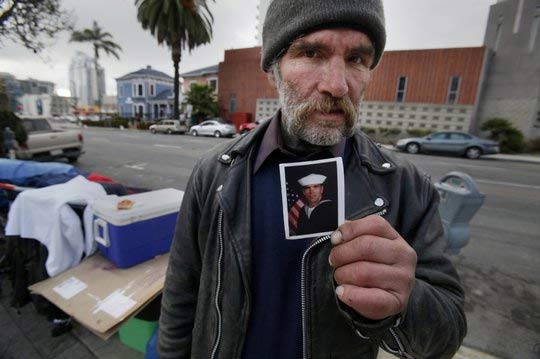The department announced that it is expanding eligibility for care — up to 30 days of inpatient or residential care or 90 days of outpatient treatment — for veterans in a severe, acute mental health emergency.
According to VA, the program aims to ease the burden of pricy treatment for nearly 9 million former U.S. service members who do not already receive VA health care and services.
“Veterans in suicidal crisis can now receive the free, world-class emergency health care they deserve — no matter where they need it, when they need it, or whether they’re enrolled in VA care,” VA Secretary Denis McDonough said in a press release. “This expansion of care will save veterans’ lives, and there’s nothing more important than that.”
According to an interim rule that is to be published Tuesday in the Federal Register, eligible veterans include those in crisis who received an other-than-honorable discharge or higher, or were sexually assaulted or harassed while serving, and meet one of four conditions having served: More than 24 months on active duty, 100 days under a combat exclusion, In support of a contingency operation directly more than 100 days or as a drone operator for more than 100 days.
The suicide rate for U.S. veterans is much higher than for the rest of the adult population, according to data from the Giffords Law Center, a gun violence prevention organization.
Over 6,500 of US veterans commit suicide each year, accounting for approximately one in five of all such gun deaths in the country.
Since 2006, former U.S. military personnel died by suicide nearly 20 times more than soldiers killed in war operations.
Plus, nearly 70% of these incidents involve firearms, compared to approximately 51% of all firearm deaths in the nation.
pll/rgh/ifs









